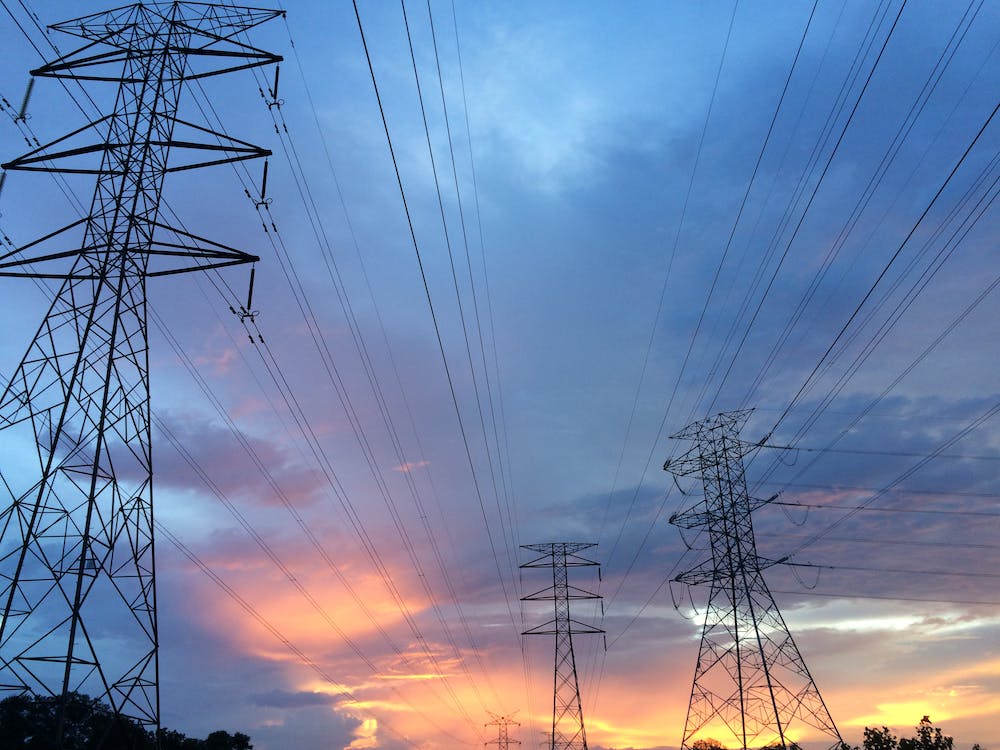
As the world’s population continues to grow, the demand for electricity is increasing at an unprecedented rate. Unfortunately, many countries in the world still suffer from power shortages, which can have devastating consequences for their economies and quality of life. One solution to this problem is solar energy, which has the potential to provide a reliable and sustainable source of electricity to power-deficient countries.

The importance of solar energy in power-deficient countries cannot be overstated. Here are some of the ways in which solar energy can make a difference:
Reliable source of electricity
In many developing countries, power outages are a common occurrence, which can have a significant impact on businesses and households. Solar energy can provide a reliable source of electricity that is not dependent on the grid, making it an ideal solution for power-deficient countries.
Cost-effective
Solar energy is becoming increasingly affordable, making it a cost-effective solution for power-deficient countries. Unlike conventional power plants that require large amounts of capital investment, solar energy systems can be installed in smaller increments, making it easier for developing countries to adopt this technology.

Environmentally friendly
Solar energy is a clean and renewable source of energy, which means that it does not produce harmful emissions that contribute to climate change. Power-deficient countries that adopt solar energy can reduce their carbon footprint and contribute to a cleaner, healthier environment.
Job creation
The solar energy industry is a rapidly growing sector that has the potential to create thousands of new jobs in power-deficient countries. As these countries invest in solar energy, they can create new opportunities for their citizens and stimulate economic growth.

The benefits of solar energy go beyond just providing a reliable source of electricity to power-deficient countries. Solar energy can also help these countries address other challenges they face, such as access to clean water, healthcare, and education. Here are some examples:
Clean water
In many parts of the world, access to clean water is a major challenge. Solar-powered water pumps and filtration systems can help provide clean water to rural communities, which can have a significant impact on their health and well-being.
Healthcare
Solar energy can also help power medical facilities in remote areas, where access to electricity is limited. Solar-powered medical equipment and refrigeration systems can help ensure that vaccines and medicines are stored at the right temperatures, and that medical procedures can be performed safely and effectively.

Education
Access to electricity is essential for providing quality education, particularly in rural areas. Solar-powered lights and computers can help students study and learn at night, and can also help schools reduce their operating costs.

Overall, the benefits of solar energy for power-deficient countries are numerous and far-reaching. By adopting this technology, these countries can improve the quality of life for their citizens, stimulate economic growth, and contribute to a cleaner, healthier environment. As a global community, we should support these efforts and work together to ensure that everyone has access to reliable, sustainable, and equitable energy solutions.
